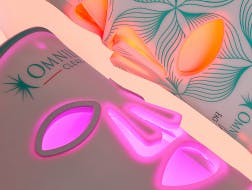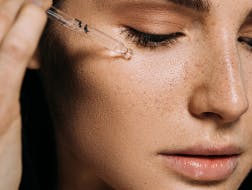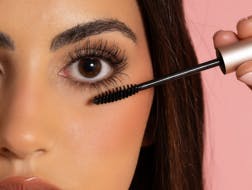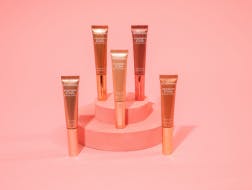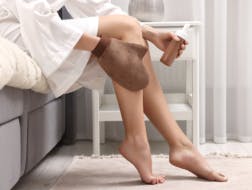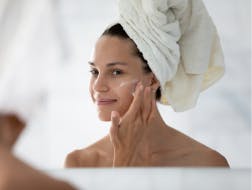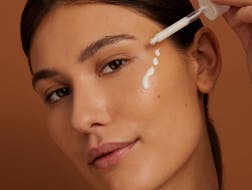TikTok Made Me Do It: The Ups and Downs of Skin Cycling and the Importance of Your Skin Barrier
written by: Lauren - Digital Marketingpublished on 27 May, 2024
Blog Credit: Murad
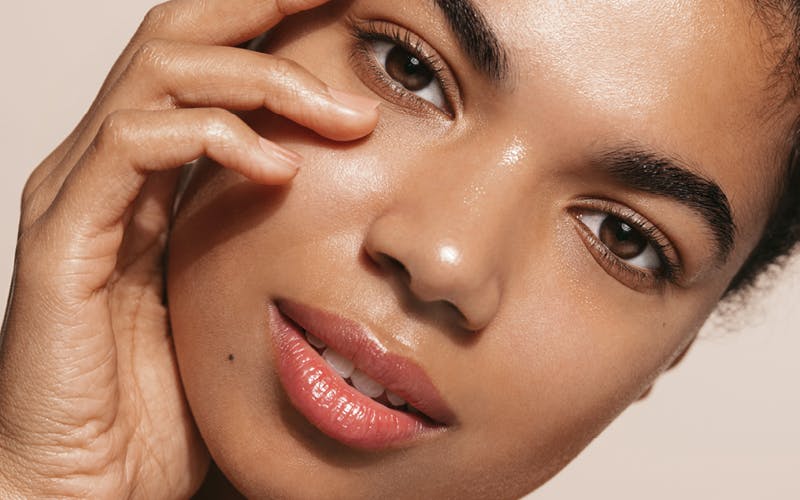
Exploring Skin Cycling and Its Impact on Skin Health
If there’s a TikTok trend worth your attention, especially if you’re a fan of the "less is more" philosophy in skincare, it's skin cycling. Emerging in 2022, this regimen has quickly become a favorite in the skincare community. But what exactly is skin cycling?
Coined by New York board-certified dermatologist Dr. Whitney Bowe, skin cycling focuses on rotating your skincare products in sync with your skin's natural cycles. Here's why it’s so popular, how it works, and the potential benefits for your complexion.
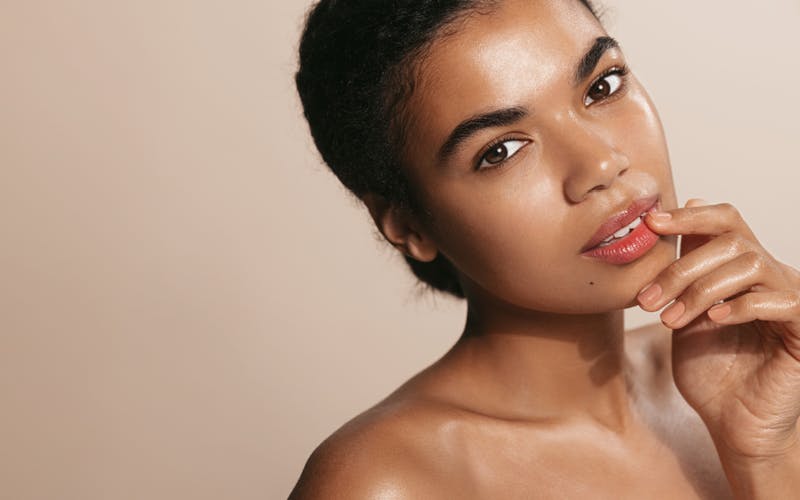
What is Skin Cycling?
Skin cycling might sound complicated, but it’s quite straightforward: it involves rotating your skincare products over a four-night cycle.
Day 1: Exfoliate
Start with a cleanse, then apply a chemical exfoliant like beta hydroxy acids or alpha hydroxy acids. This step clears away dirt, makeup, and oil, preparing your skin for the next night’s treatment.
Day 2: Treat
Use retinoids, which are vitamin A derivatives that speed up cell turnover and boost collagen production like Murad Retinal ReSculpt Overnight Treatment.
Days 3 and 4: Recover
These nights are all about letting your skin rest. Use a gentle cleanser and a moisturiser with healing ingredients like ceramides or hyaluronic acid to lock in moisture and protect your skin’s barrier - like Murad Cellular Hydration Repair Cream.
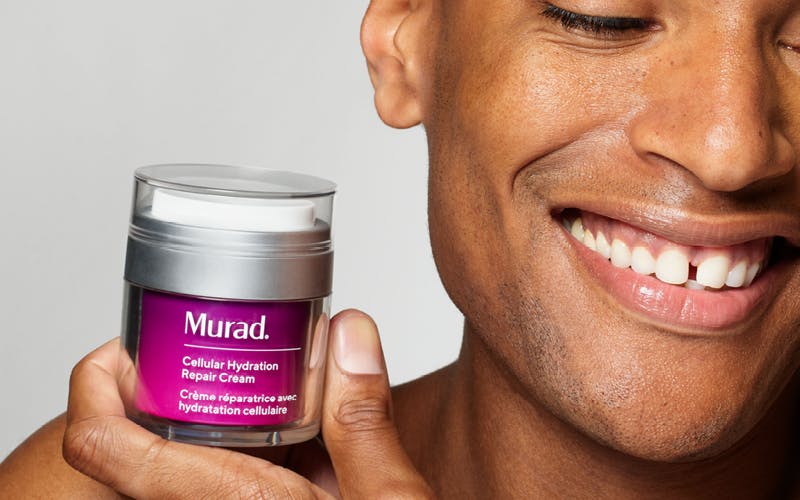
Adapting Skin Cycling to Your Skin Type
Skin cycling can be adjusted based on your skin type and concerns. Sensitive or dry skin may need more recovery days, while oily or acne-prone skin might benefit from more frequent use of active ingredients.
The Impact of Skin Cycling on Skin Health
Dermatologists like Dr. Bowe advocate for skin cycling because it reduces the risk of irritation and enhances product effectiveness. Overusing products can lead to irritation, inflammation, peeling, and "retinol burn." Skin cycling offers a strategic approach, potentially providing more benefits than complex routines involving multiple products.
Benefits of Skin Cycling
> Protects the Skin Barrier: Helps prevent damage from overuse of exfoliants and retinoids.
> Minimises Side Effects: Reduces the chance of irritation by using products less frequently.
> Enhances Hydration: Especially beneficial for dry or sensitive skin, and during winter months.
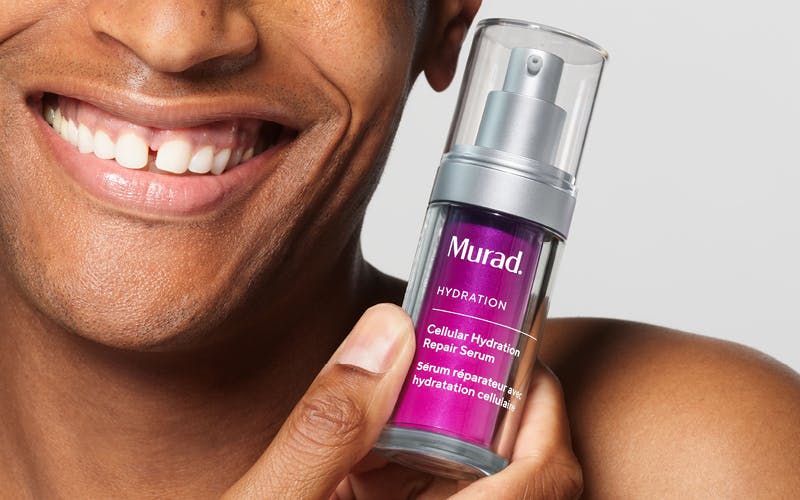
Is Skin Cycling Right for You?
If you’re new to exfoliants and retinoids, skin cycling can help you introduce these products gradually, minimizing negative reactions. However, if you already tolerate these products well, you might not need to change your routine. Always consult a skin expert if you have active skin issues like eczema or acne.
Why Your Skin Barrier Matters
A healthy skin barrier is essential for smooth, radiant skin. Damage to this barrier can result in issues like flakiness and roughness. Products like Murad Cellular Hydration Barrier Repair Serum can strengthen and nourish your skin at a cellular level, enhancing the performance of your favourite active ingredients.
Understanding the Skin Barrier
The skin barrier, or stratum corneum, consists of dead skin cells and a lipid matrix that protects against external pollutants and retains moisture. Damage to any layer of this barrier can lead to irritation and sensitivity.
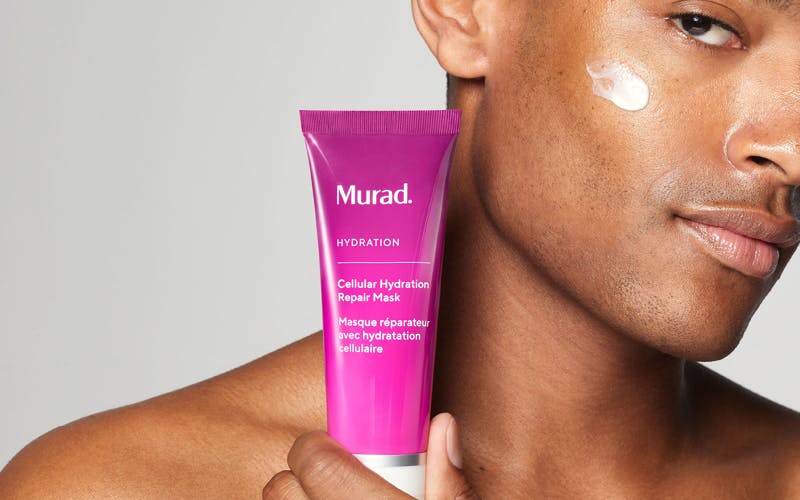
Signs of a Damaged Skin Barrier
> Redness or Blemishes: Can indicate barrier dysfunction.
> Burning, Itching, or Stinging: Signs of a compromised barrier.
> Sensitivity to Temperature: Indicates exposed sensitive tissue layers.
> Dryness: Caused by trans-epidermal water loss.
> Skin Tightness: Results from dehydration.
Preventing Damage to the Skin Barrier
> Avoid Over-Exfoliating: Excessive exfoliation can damage the barrier.
> Limit Active Ingredients: Overuse can cause dryness and irritation.
> Avoid Alcohol-Based Products: These can disrupt the lipid layer and cause redness.
> Use Sunscreen: Protects against UV radiation, which can damage the skin barrier.
> Supporting Skin Barrier Repair
> Choose Gentle Cleansers: Avoid harsh soaps that disrupt the acid mantle.
> Stay Hydrated: Drink water and eat water-rich foods to support cellular repair.
> Use Moisturizers with Humectants: Products with hyaluronic acid can reduce water loss and increase hydration.
By following these practices and considering skin cycling, you can maintain a healthy skin barrier and enjoy a radiant complexion.
Dr. Howard Murad., M.D., F.A.A.D. Board-certified dermatologist, trained pharmacist, associate clinical professor of medicine at U.C.L.A, founder of Murad Skincare.

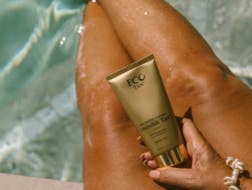
.png?ixlib=gatsbyFP&auto=compress%2Cformat&fit=max&rect=0%2C0%2C252%2C190&w=252&h=190)
.png?ixlib=gatsbyFP&auto=compress%2Cformat&fit=max&rect=68%2C0%2C663%2C500&w=252&h=190)
